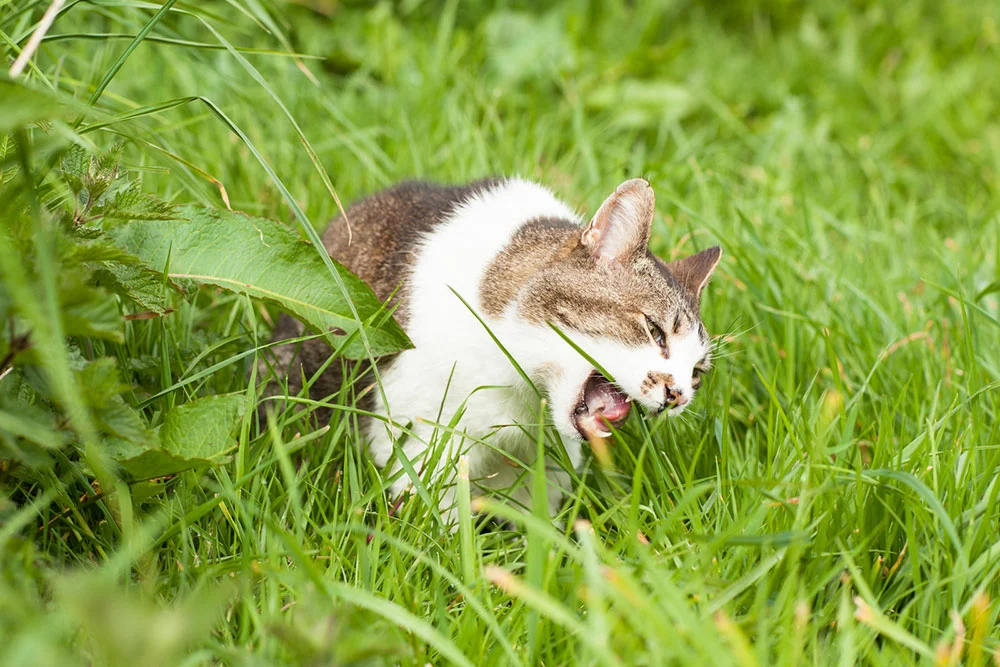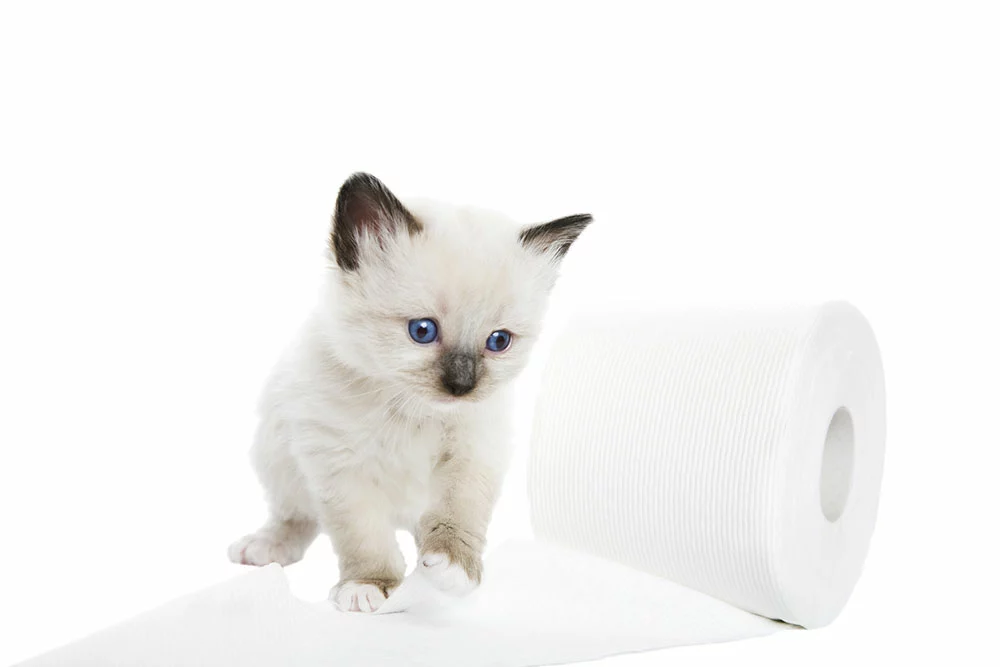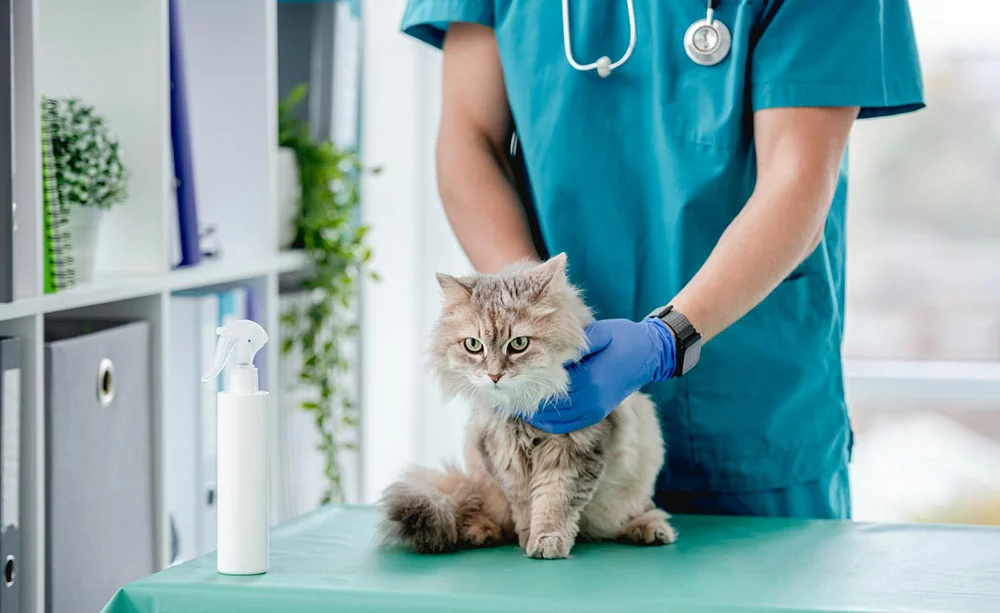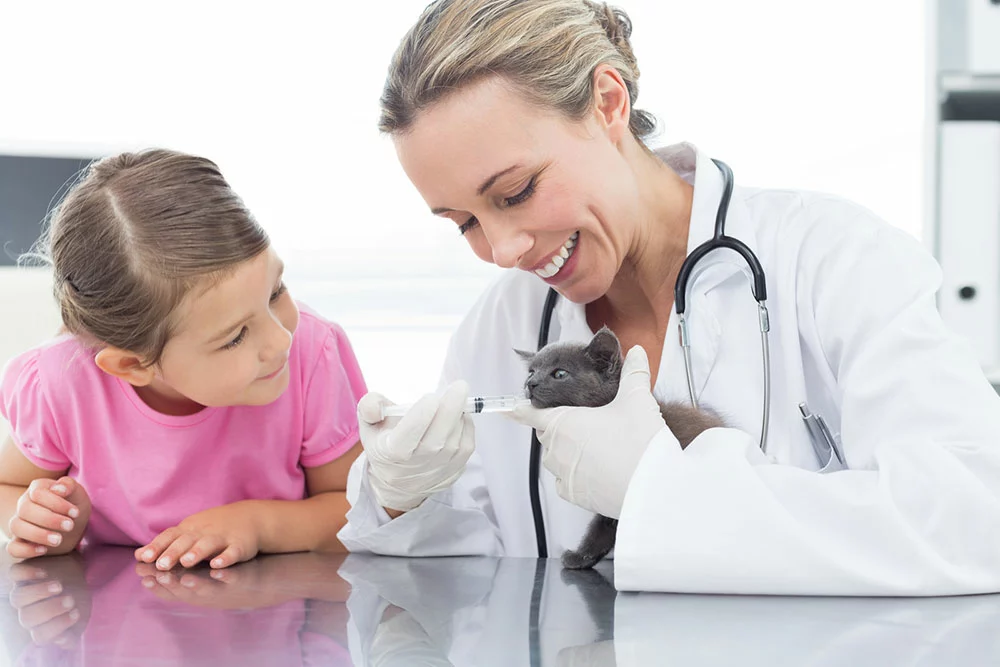Activated charcoal is a powder humans have used since ancient times to treat various diseases and poisonings. More recently, activated charcoal powder helps treat poisoning in pets.
Some claim it has other benefits, including improving kidney function and even whitening teeth. But are these “facts” backed by science? Does activated charcoal have any benefits for cats? What are the dosages?
Read on to find out.
Table of Contents
- What Is Activated Charcoal?
- Benefits of Activated Charcoal for Cats
- Activated Charcoal Dosage For Cats
- Conclusion
What Is Activated Charcoal?

Fig 1: Charcoal on a wooden spoon
Activated charcoal is a black, tasteless powder taken orally to lower the levels of toxin absorption from the stomach. It binds to specific toxins, stopping them from getting through the gut wall and into circulation. Consequently, you’ll reduce toxin absorption into the bloodstream, resulting in less organ damage.
So, you may wonder whether the benefits of activated charcoal get scientific backing. Charcoal is activated by treating carbon-rich materials with oxygen at very high temperatures. The result is a fine, microscopic, and porous black powder with a big surface area. When your pet consumes poisonous substances, give it a dose of activated charcoal.
The porous nature of the activated charcoal contains a negative electrical charge, which attracts positively charged molecules such as poisons and gasses. Adsorption occurs when liquids or gasses flow through this activated charcoal and adhere to it.
Benefits of Activated Charcoal for Cats

Fig 2: A cute cat on a green lawn
Humans have been using activated charcoal for a long time as emergency medicine for drug overdose or accidental poisoning. And recently, there’s been a consensus that the product is safe for cats when administering the right dosages. Before administering activated charcoal to your cat, be sure a veterinarian has approved it. After your cat has swallowed the poison, give it activated charcoal as quickly as possible.
Here are the benefits of activated charcoal for your cats.
Emergency poison treatment
Veterinarians recommend a cat’s dosage of 1-3 gm/kg body weight as an emergency poison treatment. A cat weighing 5 kg may need ¼ to ½ tablet or tablespoon of activated charcoal.
Treating cat diarrhea

Fig 3: Cute kitten
When a diarrhea-causing pathogen is still in your cat’s digestive tract, activated charcoal works well in most cases. Taking it can help prevent germs from entering circulation. Additionally, if you’re treating a poison, administer the medication as quickly as possible after the cat consumes the poison.
Helps cats with kidney diseases
According to research, activated charcoal may help decrease blood levels of urea and other waste products. Furthermore, it enhances kidney function in pets with chronic kidney disease.
Activated Charcoal Dosage For Cats

Fig 4: A veterinarian examining a sick cat
If your cat vomits, you can administer activated charcoal according to the manufacturer’s directions. Dosage corresponds to animal weight. Activated charcoal can be purchased in tablet form, as a liquid, or as a powder.
The latter is the most recommended and most effective. Usually 1-5g/kg body weight for cats. In solution, approximately 6-12 ml per kg of cat body weight. The veterinarian may give multiple doses if they deem it necessary. Administration by gastric intubation is also possible.

Fig 5: Vet giving cat medicine through the mouth
If possible, offer a dose to see how your cat responds, and if time permits, try another dose after 8, 12, or 24 hours. Depending on your cat’s condition and how quickly the symptoms subside, one or two doses may be sufficient.
Conclusion
When administering activated charcoal to treat digestive disorders, a veterinarian should determine the appropriate dosage. The dosage depends on your cat’s symptoms. But realize that the effects of activated charcoal on digestive problems are not well known, and other treatments may be more effective. We would love to hear from you. Feel free to contact us for more information on today’s topic.
